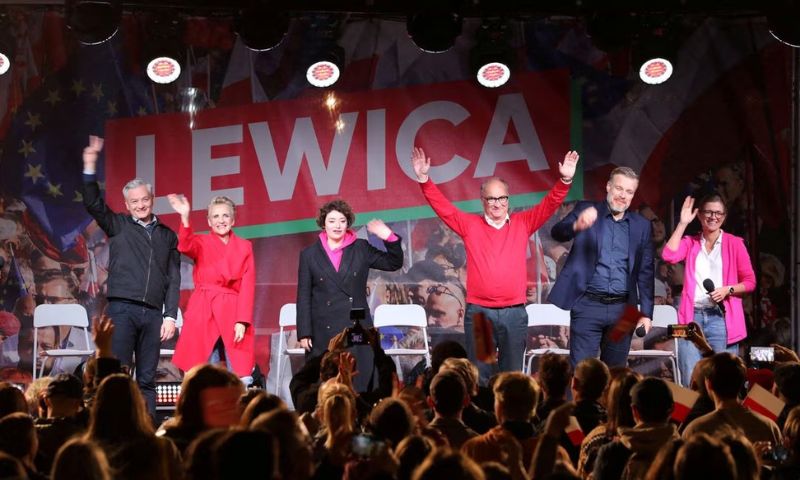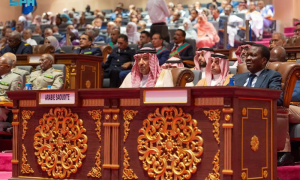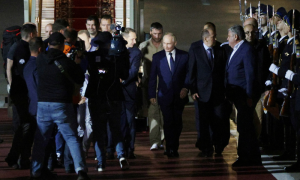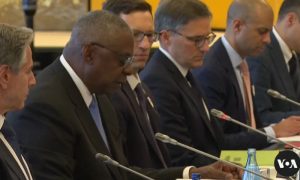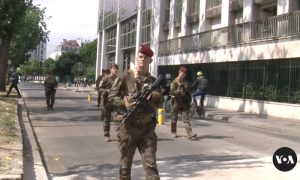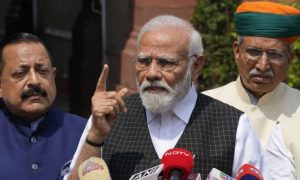WARSAW: Poland’s upcoming parliamentary elections are of great importance, potentially influencing relations with the European Union (EU) and neighboring Ukraine. The ruling nationalist Law and Justice (PiS) party aims to secure a third term, yet faces challenges in forming a coalition government. This situation opens opportunities for the opposition, led by former EU chief Donald Tusk.
Polling stations in Poland opened at 0500 GMT and closed at 1900 GMT, with exit polls expected shortly after and final results scheduled for Monday. Approximately 29 million people, including half a million expatriates, are eligible to cast their votes.
A PiS victory could further escalate tensions with the EU and Ukraine, raising concerns about media freedoms, women’s rights, and migrants’ rights. PiS leader Jaroslaw Kaczynski emphasizes Poland’s position as a strong, sovereign nation within the EU.
In contrast, Tusk accuses PiS of harboring “secret plans” to exit the EU. He underscores the historical significance of these elections for Polish democracy.
The PiS government remains committed to contentious judicial reforms, viewed by the EU as undermining democracy, resulting in the withholding of EU funding. The far-right Confederation party is the most likely coalition partner for PiS, advocating for a halt to Poland’s support for Ukraine and a staunchly anti-migrant platform.
Liberal hopes are pinned on the Civic Coalition, led by Tusk, potentially forming a government with two smaller allies, even if it secures the second position.
These elections encompass both the lower and upper houses of the parliament. PiS has organized a referendum on the same day, with questions related to migrants and the economy. The opposition has called for a boycott.
Supporters of PiS argue that a victory would allow the party to realize its vision of a strong, sovereign Poland rooted in traditional Catholic values. The campaign has been marked by personal attacks and anti-migrant rhetoric, contributing to the polarized political atmosphere.
As Poland’s citizens head to the polls, many are hopeful for a more united, democratic nation. The elections are being closely observed not only within Poland but also by neighboring Ukraine and its Western allies. They are concerned about Poland’s evolving stance on providing aid to Ukraine, given Poland’s historical role as a strong advocate for Ukraine within the EU and NATO. Nonetheless, signs of growing fatigue and tensions in this regard have emerged over time.
These elections are undeniably a turning point in Poland’s future relations with the EU and Ukraine, and they mark a pivotal moment in the nation’s history.









